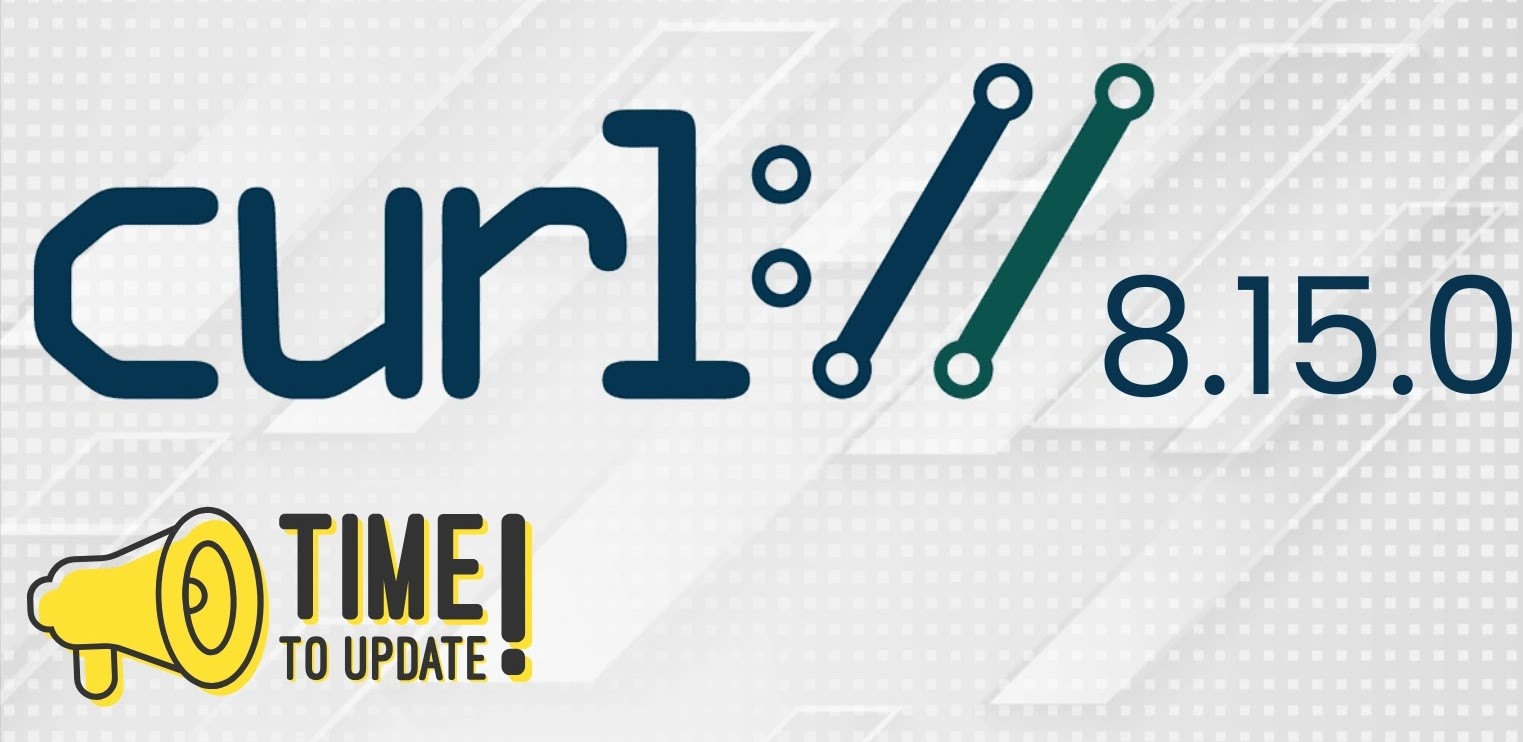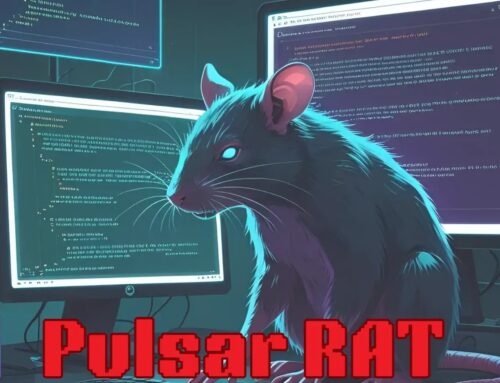
curl 8.15.0 Released With 233 Bugfixes and 334 Commits – Update Now
In the dynamic landscape of cybersecurity, maintaining an updated software ecosystem is paramount. Critical tools, especially those underpinning vast segments of the internet’s infrastructure, demand constant vigilance regarding their versions. This holds particularly true for curl, the ubiquitous command-line tool and library for transferring data with URLs. The curl development team has recently announced a significant release: curl 8.15.0. This update isn’t merely incremental; it’s a testament to ongoing commitment, packed with an impressive number of bugfixes and community contributions, directly impacting the security and stability of countless applications and systems worldwide.
curl 8.15.0: A Deep Dive into the Latest Release
Released on July 16, 2025, curl 8.15.0 marks the 269th official release of this indispensable tool. Far from a minor patch, this version incorporates a remarkable 233 documented bugfixes and represents 334 commits from a dedicated development community. This extensive effort underscores the robust maintenance and continuous improvement of curl, ensuring its reliability and addressing potential vulnerabilities that could impact its millions of users.
For IT professionals, developers, and security analysts, understanding the scope of this update is crucial. Each bugfix contributes to a more stable and secure operational environment. The sheer volume of changes indicates a thorough review and refinement process, aiming to eliminate quirks, enhance performance, and fortify the tool against emerging threats and common pitfalls.
Why Updating curl is Critical for Security and Stability
The importance of updating foundational tools like curl cannot be overstated. Beyond performance enhancements and new features, each release often includes critical security patches that address discovered vulnerabilities. While the official announcement for curl 8.15.0 does not explicitly detail specific CVEs addressed, the extensive list of bugfixes inherently implies improvements to the tool’s resilience against various attack vectors. Running outdated versions of software, especially those with such widespread use, leaves systems exposed to known vulnerabilities that malicious actors can exploit.
Key reasons to prioritize this update:
- Mitigation of Potential Vulnerabilities: Even without publicly disclosed CVEs tied to this specific release, bugfixes often close doors to potential exploits that could arise from unexpected behavior or edge cases.
- Enhanced Stability: The 233 bugfixes contribute significantly to the overall stability of curl and libcurl, reducing crashes, unexpected errors, and data transfer issues.
- Performance Improvements: Ongoing development often includes optimizations that can lead to faster and more efficient data transfers.
- Access to Latest Features: While the primary focus of this specific release is bugfixes, staying current ensures access to any new capabilities or protocols supported in future versions.
Remediation Actions: How to Update Your Systems
For anyone utilizing curl – whether directly via the command line, through scripting, or indirectly via applications that rely on libcurl – updating to version 8.15.0 is a non-negotiable step for maintaining a secure and efficient operational posture. The method for updating will vary depending on your operating system and how curl was originally installed.
- Linux Distributions:
- Debian/Ubuntu: Use your package manager:
sudo apt update && sudo apt upgrade curl. You might need to wait for your distribution’s repositories to include the very latest version. - CentOS/RHEL/Fedora: Use DNF/Yum:
sudo dnf update curlorsudo yum update curl. - Arch Linux:
sudo pacman -Syu curl.
- Debian/Ubuntu: Use your package manager:
- macOS: If installed via Homebrew:
brew update && brew upgrade curl. - Windows: For users who installed curl via Scoop or Chocolatey:
- Scoop:
scoop update curl - Chocolatey:
choco upgrade curl - Alternatively, download the official binaries from the curl website.
- Scoop:
- Source Compilation: If you compiled curl from source, you will need to download the new source code from curl.se and recompile it. Ensure you follow the specific compilation instructions.
- Application Dependencies: For developers whose applications link against libcurl, ensure your build processes or dependency management tools are configured to pull the latest stable version of libcurl (8.15.0).
Verification: After updating, always verify the installed version by running: curl --version. This command should output “curl 8.15.0” along with other version information.
Tools for Version Management and System Hygiene
Proactive system maintenance and keeping track of software versions are critical cybersecurity practices. Several tools can assist in this process, helping you manage updates efficiently and identify outdated components.
| Tool Name | Purpose | Link |
|---|---|---|
| Package Managers (APT, DNF, Homebrew, Chocolatey) | Automate software updates and dependency management on various operating systems. | APT (Linux) DNF (Linux) Homebrew (macOS) Chocolatey (Windows) |
| Software Inventory Tools | Track installed software versions across an organization’s assets. Examples include OCS Inventory NG, Snipe-IT. | OCS Inventory NG Snipe-IT |
| Vulnerability Scanners | Identify outdated software and known vulnerabilities on systems. Examples include Nessus, OpenVAS. | Nessus OpenVAS |
Conclusion
The release of curl 8.15.0, with its 233 bugfixes and 334 community commits, is a significant event for the cybersecurity and development communities. It reinforces the importance of timely software updates as a fundamental pillar of a robust security posture. By updating to curl 8.15.0, users are not just getting a newer version of a tool; they are actively enhancing the stability, performance, and security of their systems and the applications that rely on this critical component. Prioritize this update across your infrastructure to leverage the latest improvements and maintain a resilient computing environment.





